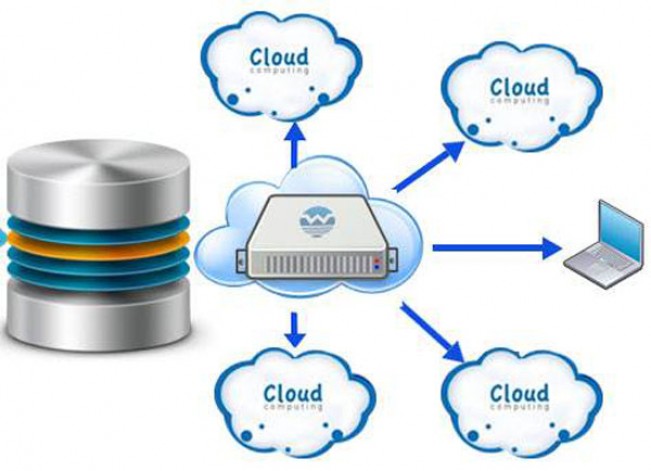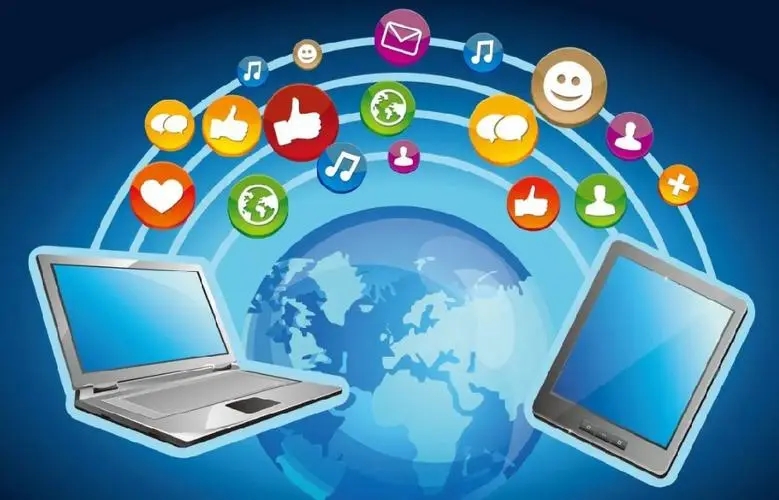n: The children's clothing stores in parisEmerging Intersection of Gaming and Mental Health
Content:
n has emerged as a hot topic, prompting questions about the potential benefits and drawbacks of gaming on cognitive functions and mental wellbeing.
n functions like memory and attention span.
n. Excessive gaming has been linked to issues such as addiction, dession, and anxiety. The repetitive nature of many video games can lead to a phenomenon known as cognitive overload, where players may struggle to process new information outside of their gaming environment.
n has sparked a discussion about the importance of moderation and balance in gaming habits. Experts advise that while gaming can have cognitive benefits, it should be approached responsibly. Parents and gamers alike are encouraged to set limits on gaming time and ensure that other aspects of life, such as physical activity, social interactions, and academic pursuits, are not neglected.

n but also promote mental health. One such approach is the integration of mindfulness and relaxation techniques within video games. These games are designed to help players develop emotional regulation and stress management skills, potentially reducing the risk of mental health issues associated with excessive gaming.
Another area of interest is the use of virtual reality (VR) in therapeutic settings. VR games are being utilized to treat various mental health conditions, such as PTSD and anxiety disorders. The immersive nature of VR allows therapists to create controlled, safe environments where patients can confront their fears and work through trauma.
n is becoming more nuanced. Its clear that the relationship between gaming and mental health is complex, with potential benefits and risks that must be carefully considered. By promoting awareness and responsible gaming practices, we can ensure that the digital world enhances rather than hinders our cognitive and emotional wellbeing.
n to improve our mental health and overall quality of life.


 相关文章
相关文章




 精彩导读
精彩导读




 热门资讯
热门资讯 关注我们
关注我们
